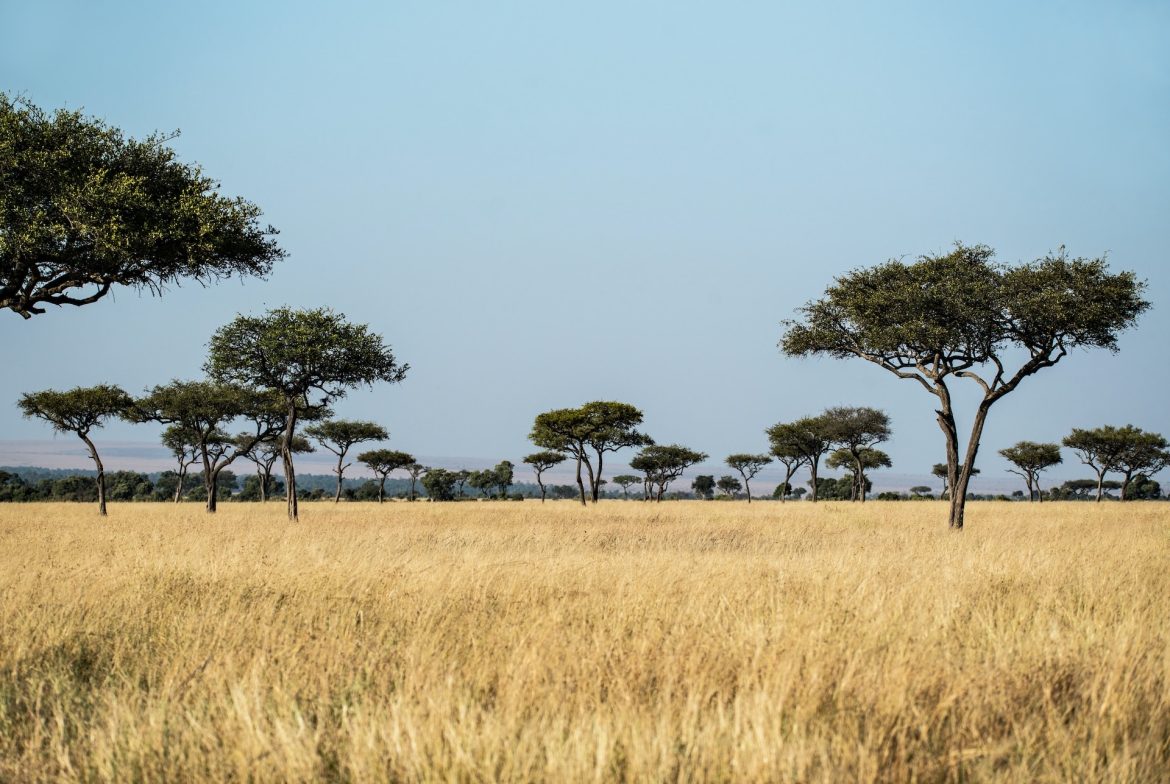Savannah Energy, a British independent energy company, is facing challenges in its bid to acquire oil and gas assets in South Sudan from Malaysia’s state-owned Petronas. The deal, worth up to $1.25 billion, was announced in December 2022 and would give Savannah interests in three joint operating companies (JOCs) that operate in Blocks 3/7, 1/2/4, and 5A in South Sudan. These blocks have a gross output of 153,000 barrels of oil per day (bopd) and comprise 64 producing fields.
However, the deal has been met with opposition from some of the existing partners in the JOCs, namely China National Petroleum Corporation (CNPC), India’s Oil and Natural Gas Corporation (ONGC), and South Sudan’s national oil company Nilepet. These partners have claimed that they have pre-emption rights over the Petronas assets and have expressed their intention to exercise them. Pre-emption rights allow existing partners to match any offer made by a third party and acquire the assets on the same terms.
Savannah has disputed the validity of these claims and has said that it has received all the necessary approvals from the government of South Sudan and Petronas. The company has also said that it has secured financing for the deal through a combination of its available cash resources and debt. Savannah has stated that it remains confident that it will complete the transaction by the end of June 2023.
The deal is part of Savannah’s strategy to expand its presence in sub-Saharan Africa and to develop energy projects that matter for the continent. The company has also recently acquired ExxonMobil’s upstream and downstream assets in Chad and Cameroon for $407 million. These assets include a 40% stake in the Doba oil project, which produces around 33,000 bopd, and a 40% stake in the Chad-Cameroon pipeline, which transports the oil to the coast for export.
Savannah’s CEO, Andrew Knott, said the company is committed to bringing reliable and profitable projects to Africa and creating value for its shareholders, partners, and host governments. He also said that the company looks forward to working with its new partners in South Sudan and contributing to its economic development and social welfare.
South Sudan is one of the most oil-dependent countries in the world, with oil revenues accounting for almost all of its exports and more than half of its gross domestic product (GDP). The country has struggled with civil war, political instability, corruption, and poverty since it gained independence from Sudan in 2011. The oil sector has also been affected by low prices, security issues, environmental concerns, and infrastructure challenges.
However, there are signs of hope for South Sudan’s oil industry and its people. The country has recently signed a peace deal with Sudan to resolve their outstanding issues, including border disputes, oil transit fees, and security arrangements. The country has also resumed oil production from some of its previously shut-in fields and has launched a new licensing round to attract more investors. Moreover, the country has joined the Extractive Industries Transparency Initiative (EITI), a global standard for good governance of natural resources, to improve its accountability and transparency.
Source: Energy Voice



